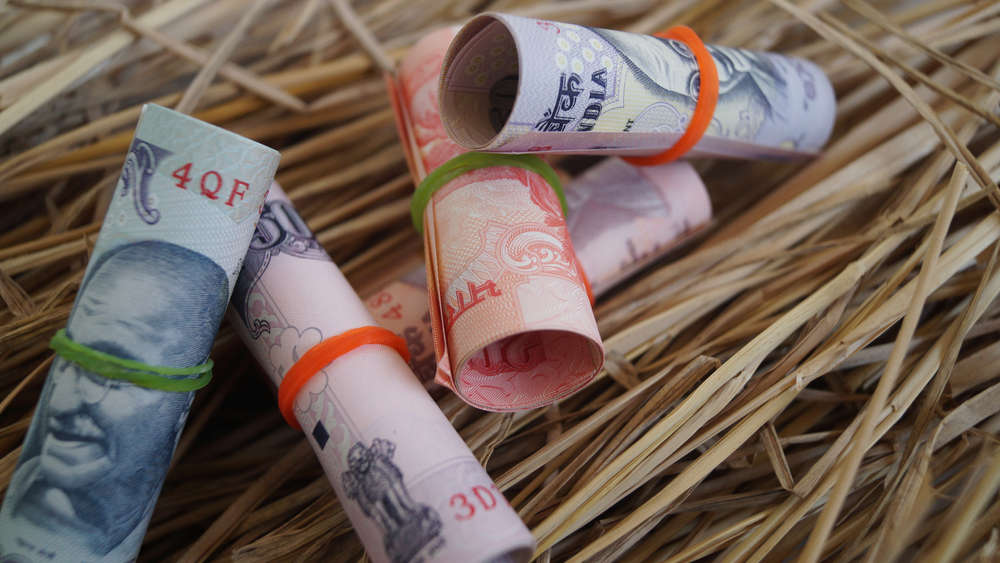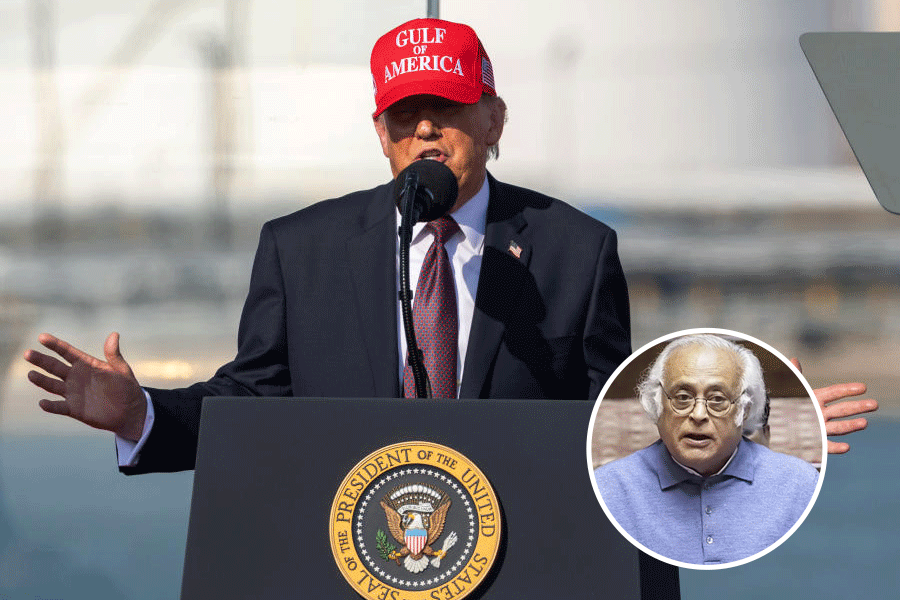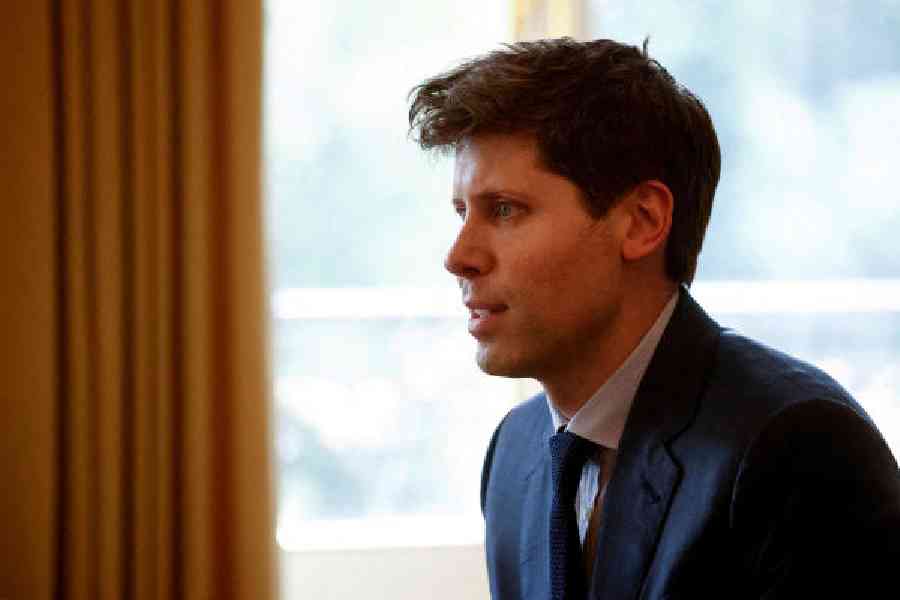“A government that robs Peter to pay Paul can always depend on the support of Paul.” — G.B. Shaw
History suggests that high and accelerating debt levels are common during wars. Covid-19 can be compared to a ruthless enemy in a war. When the dust settles, how will policymakers deal with this mountain of debt? Luckily, interest rates are dramatically low today; the burden of servicing a one-off increase in government debt is less taxing. With austerity in many countries a taboo word, there are two possibilities — higher taxes and inflation.
One of the most significant archaeological discoveries ever was a tax document — the Rosetta Stone. It was unearthed in 1799 by one of Napoleon’s officers, as French soldiers plundered ancient Egyptian tombs for relics to send home. Napoleon, a product of the French Revolution, hoped to overthrow anciens régimes across Europe, including the United Kingdom. The resulting naval arms race put massive pressure on exchequers on both sides of the English Channel. The Napoleonic Wars added over £600 million to the national debt, costing thrice as much as the previous four wars combined. This war debt and the interest payable thereon burdened the Britishers with a huge perpetual charge, bringing great hardship for the next half a century.
Income tax has had a greater impact on human history than any piece of legislation ever enacted. Henry IV, in 1404, was allowed a one-off income tax, provided it was not made a precedent. To keep it under wraps, every record was burnt. A contemporary chronicler called the tax “vexatious and burdensome”. Not only was it the ‘tax to beat Napoleon’, but income tax was also a game-changer in WWI and funded the US contribution to WWII, thus winning the war for the Allies. The British prime minister, William Pitt the Younger, is widely considered to be the man who introduced income tax to the world. It was rumoured of the government at that time, ‘Wherever you see an object, tax it!’ In 1842, income tax was an interim measure, to be repealed as soon as government revenues balanced. Britain is still waiting 178 years later. Income tax’s effectiveness is what doomed its chances of ever being repealed. Pitt had created a tax that has become a standard fiscal feature of economies across the globe.
Cut to 2020. It’s not difficult to imagine a future where more taxes are levied. The European Commission’s landmark July deal to raise 750 billion euros of debt across 27 nations included a promise to explore new sources of income. France is leading the charge for EU taxes on global digital companies and a carbon border levy on foreign polluting imports. Tax on wealth could be a target since a large proportion of recent financial gains owes much more to the monetary actions of central banks than gains in underlying performance. Another area could be pensions as the biggest post-pandemic economic losers are those at the beginning, rather than the end, of their careers. There could also be a renewed interest in ‘treasure islands’ (tax havens) in the event of an international agreement. Screams of anguish are inevitable.
Copernicus called it “insidious” — because it is ‘hidden’ — while Keynes felt it happens in a way “not one man in a million is able to diagnose”. It is inflation. A heady concoction of central banks’ unbridled fiscal and monetary support, a recoil against widening income inequality and a growing national debt will trigger high inflation over time. While an economist may term it ‘expanding the money supply’ or ‘artificially stimulating credit’, for the historian, it’s ‘debasement of money’. Whatever your preference, it’s a particularly vicious form of taxation. Medieval kings and Roman emperors reduced the amount of gold and silver in coins — ‘coin clipping’. Weimar Germany, post-WWII Hungary and Zimbabwe simply printed money, unbacked by anything. Today’s central banks suppress interest rates, use amorphous measures of inflation, deploy quantitative easing: the techniques may differ, but not the intention. Devalue money and we devalue debt and lighten our obligations.
“There is no subtler, no surer means of overturning the existing basis of society,” said Keynes, “than to debauch the currency.” The worst inflation rears its ugly head where government spending is the greatest, with the terrible irony that governments that spend the most looking after their needy end up making them poorer.
“The art of taxation consists of so plucking the goose as to obtain the most feathers with the minimum amount of hissing.” Undeclared, unseen and misunderstood, the inflation tax means that the goose is plucked silently. It is the stealthiest of stealth taxes and hurts those who rely on salaries or savings by eroding the value of money they earn while pushing the price of the assets they want to buy out of bounds. The salaried classes are hit on both sides. Many of those bearing the brunt of today’s debt are not born yet. Like Pitt’s Napoleonic War debts, which was finally repaid in 2015, future generations would be saddled with the burden. Debt is indeed, to use the clarion call of the American revolutionaries, taxation without representation.
We are faced with a grim situation where the lower and the middle classes are ground between the millstones of inflation and taxation. Someone will eventually have to pay for the lockdown costs of a pandemic that has wreaked far greater economic damage than anybody could have imagined.
The author is a Harvard alumnus and works for an investment bank in Mumbai. He is also a member of the Young Scholars Initiative at the Institute for New Economic Thinking, founded by George Soros et al.










